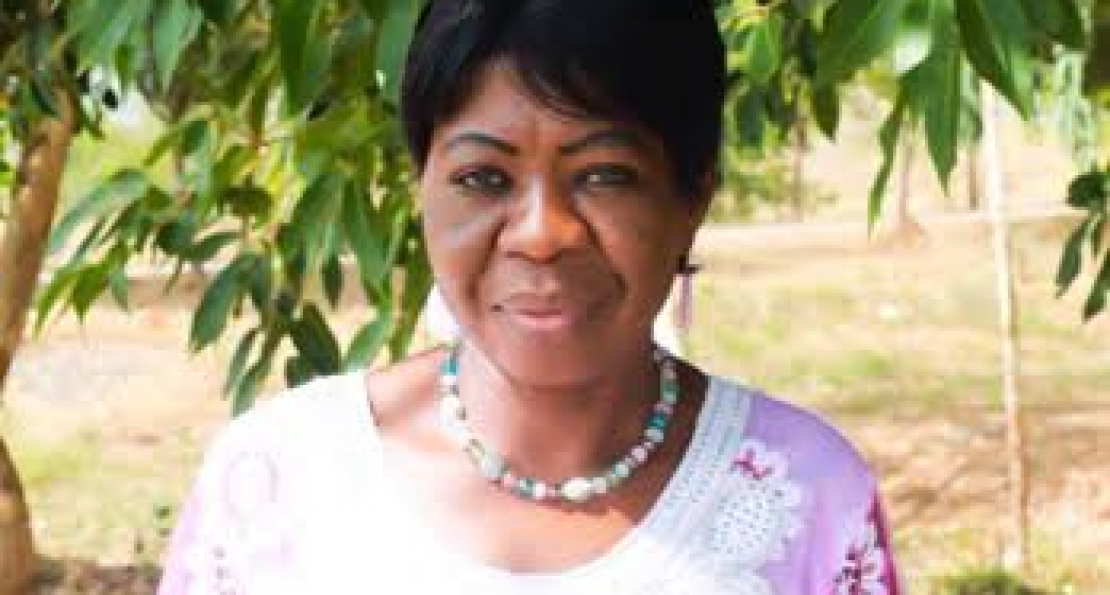Since 2011, more than 37,500 people have been killed by the Bokoharam terrorist group. About 2.4 million more people have been displaced. Bokoharam was formed in 2002 by Muhammad Yusuf in Maiduguri, Northeast Nigeria. A few years later, they began terrorizing people in the region and its surroundings.
Boko haram is a terrorist organization, “shrouded in religious fanaticism” said Professor Maryam Gwandgndi. “Boko harm didn’t just happen”.
“Right from inception, it was a local organization using guerilla warfare. They used kitchen knives. Now, they are a conventional organization and they have the guts to attack the Nigerian police and army”.
Professor Gwangndi was speaking at a seminar at the School of Law(SOL) at the American University of Nigeria (AUN) on Friday, 23rd April 2021.
Professor Maryam Ishaku Gwangndi is an expert in public law. She presented a paper titled: The Impact of the Activities of the Boko Haram Terrorist Organization on the Rights to Life and Property of Nigerian Citizens: In Search for Solutions.
The seminar, attended by the Dean of SOL, Professor Peter Ocheme, faculty, staff, and students was very informative. In her paper, Professor Gwangndi argues that as a result of the group’s activities, there are “mass losses of human lives and property”.
She recommended good governance, prevention of Islamic extremism, meeting the people’s basic needs, maintaining adequate security, provision of military training and equipment, and tracing the financial sponsors of the group as a way out of the conundrum.
At the end of her presentation, guests were given the opportunity to comment about the issue and offer suggestions. One remarkable suggestion by a guest was to charge Muslim leaders in the country with the responsibility of educating the Muslim youth thereby making them unapproachable by terrorist organizations.
The seminar ended with a closing remark by the Dean of SOL, Professor Peter Ocheme who commended the speaker for a wonderful presentation and thanked the guests for attending.
“The School of Law always brings up issues, and investigates a lot of things that affect our daily lives”. The paper “is one among the huge assembly of calls to stop the senseless carnage and the ill-wind that has blown no one any good” said Professor Ocheme.
He encouraged Professor Gwangndi to publish her paper in even wider circles since it “portends to yield results envisaged in the varied recommendations offered.
Professor Gwangndi encouraged others writing about Boko haram in academic circles to address “the possibility of tracing the people who fund the group”.
It was an informative and overall great experience said Safiyya Auwal, a second-year law student who attended the seminar. “There is much more to know about the insurgency than we think we know and we should not restrict ourselves to social media and the internet for all our information, we should be open to having discussions about issues with those who are well versed in them” she added.
The academic community at the American University of Nigeria hosts weekly seminars in various departments for faculty to present research and to update members of the community about trends in literature and the knowledge sphere. This is just one of many ways in which AUN is keeping true to its ethos of advancing research and development.
Reported by Zainab Usman


